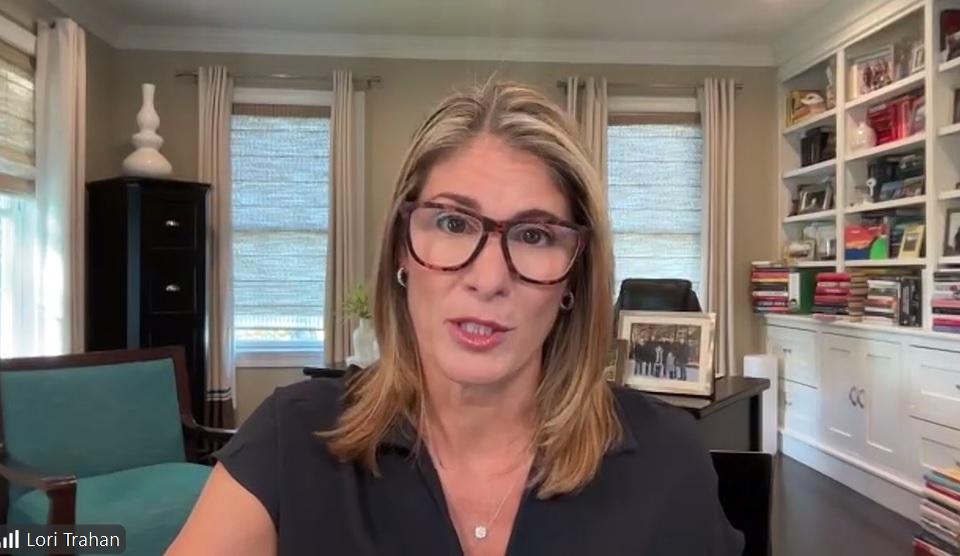Health
Massachusetts Faces Premium Hikes as Health Subsidies Set to Expire

BOSTON — Residents in Massachusetts are bracing for significant increases in health insurance premiums in 2026 if Congress fails to extend critical subsidies. The upcoming open enrollment period, starting on November 1, could see tens of thousands of Bay Staters losing access to financial assistance that has been a lifeline during the COVID-19 pandemic.
The enhanced premium tax credits, introduced under the 2022 Inflation Reduction Act, are set to expire at the end of this year. This impending change coincides with ongoing discussions surrounding the One Big Beautiful Bill Act, which promises to further disrupt healthcare coverage. As the federal government remains shut down since October 1, Senate Democrats have rejected temporary spending measures, aiming to preserve these essential subsidies.
On its official policy webpage, the Massachusetts Health Connector states that “many people will still qualify for financial help, but the amount will be smaller.” Households earning above 400% of the federal poverty level—approximately $62,600 for individuals and $128,400 for a family of four—will no longer qualify for heavily subsidized ConnectorCare coverage starting January 1.
Audrey Morse Gasteier, Executive Director of the Health Connector, explained during a press conference hosted by Congresswoman Lori Trahan that residents will soon start to see these premium increases reflected in their online member portals. Official notifications will arrive by mail in the coming weeks. She emphasized that many individuals who previously benefited from substantial tax credits will soon find themselves without this financial support, which will lead to higher monthly premiums.
ConnectorCare members with incomes between 300% and 400% of the federal poverty level will continue to have access to subsidized care through the end of 2026. However, approximately 36,000 noncitizen members who are legally present in Massachusetts are expected to lose their eligibility for heavily subsidized coverage starting January 1, regardless of the extensions to premium tax credits.
“We cannot afford to kick the can down the road,” Trahan stated, criticizing Republicans for what she described as partisan delays that threaten citizens’ health and financial security. In a recent interview, Vice President JD Vance raised concerns about waste and fraud in the tax credit system, while Senate Majority Leader John Thune mentioned discussions on potential reforms to secure bipartisan support for extending the credits.
The enhanced premium tax credits, first enacted in 2021, have contributed to a dramatic increase in enrollment in the Affordable Care Act Marketplace—from around 11 million to over 24 million people, according to the Kaiser Family Foundation.
At the press conference, Dr. Manju Mahajan, a family physician at UMass Memorial Medical Center, shared a poignant example of how these changes could affect everyday individuals. She described a 52-year-old single mother working two jobs whose premium might rise from $75 to $500 per month. “She told me flat out that she would need to drop her coverage,” Mahajan noted, highlighting the severe implications for essential healthcare access, including mammograms and asthma inhalers.
An infographic released by the Health Connector illustrated the drastic potential increases in premiums for hypothetical couples. For instance, a 62-year-old couple in Peabody earning $85,000 could see their monthly premium soar from $892 to $2,096. Similarly, a 57-year-old couple in Worcester earning the same amount might experience an increase from $528 to $1,687.
Valerie Fleishman, Executive Vice President and Chief Innovation Officer at the Massachusetts Health and Hospital Association, warned that the expiration of these tax credits would deliver a “devastating blow” to patients and the healthcare system, which is already under significant pressure. She noted that if the credits are allowed to expire, approximately 65,000 residents could lose their coverage over the next 14 months, with countless others facing rising costs that would push healthcare further out of reach.
Fleishman stressed the broader implications of losing health insurance, stating that delayed or forgone care could lead to poorer health outcomes, increased emergency room visits, and ultimately higher costs for everyone involved. “For hospitals, the impact would be equally severe,” she added, as they would be forced to absorb unsustainable losses associated with uncompensated care.
As the Massachusetts Health Connector prepares for an influx of calls from members anxious about impending premium hikes, Gasteier remarked on the distress these changes will cause. “When people’s health insurance premiums spike… the distress, the anxiety that it produces for people… these are extremely distressing situations,” she stated, highlighting the real human impact of these policy changes.
The situation remains fluid as Congress continues negotiations, and many in Massachusetts are left to wonder what the future holds for their health insurance coverage.
-

 Science2 months ago
Science2 months agoUniversity of Hawaiʻi Joins $25.6M AI Project to Monitor Disasters
-

 Business2 months ago
Business2 months agoForeign Inflows into Japan Stocks Surge to ¥1.34 Trillion
-

 Top Stories2 months ago
Top Stories2 months agoBOYNEXTDOOR’s Jaehyun Faces Backlash Amid BTS-TWICE Controversy
-

 World2 months ago
World2 months agoBoeing’s Merger with McDonnell Douglas: A Strategic Move Explained
-

 Top Stories2 months ago
Top Stories2 months agoCarson Wentz Out for Season After Shoulder Surgery: Urgent Update
-

 Top Stories2 months ago
Top Stories2 months agoMarc Buoniconti’s Legacy: 40 Years Later, Lives Transformed
-

 Entertainment2 months ago
Entertainment2 months agoSydney Sweeney Embraces Body Positivity Amid Hollywood Challenges
-

 Lifestyle2 months ago
Lifestyle2 months agoKelsea Ballerini Launches ‘Burn the Baggage’ Candle with Ranger Station
-

 Health2 months ago
Health2 months agoInnovative Surgery Restores Confidence for Breast Cancer Patients
-

 Sports2 months ago
Sports2 months agoSteve Kerr Supports Jonathan Kuminga After Ejection in Preseason Game
-

 Entertainment2 months ago
Entertainment2 months agoZoe Saldana Advocates for James Cameron’s Avatar Documentary
-

 Lifestyle2 months ago
Lifestyle2 months agoDua Lipa Celebrates Passing GCSE Spanish During World Tour









